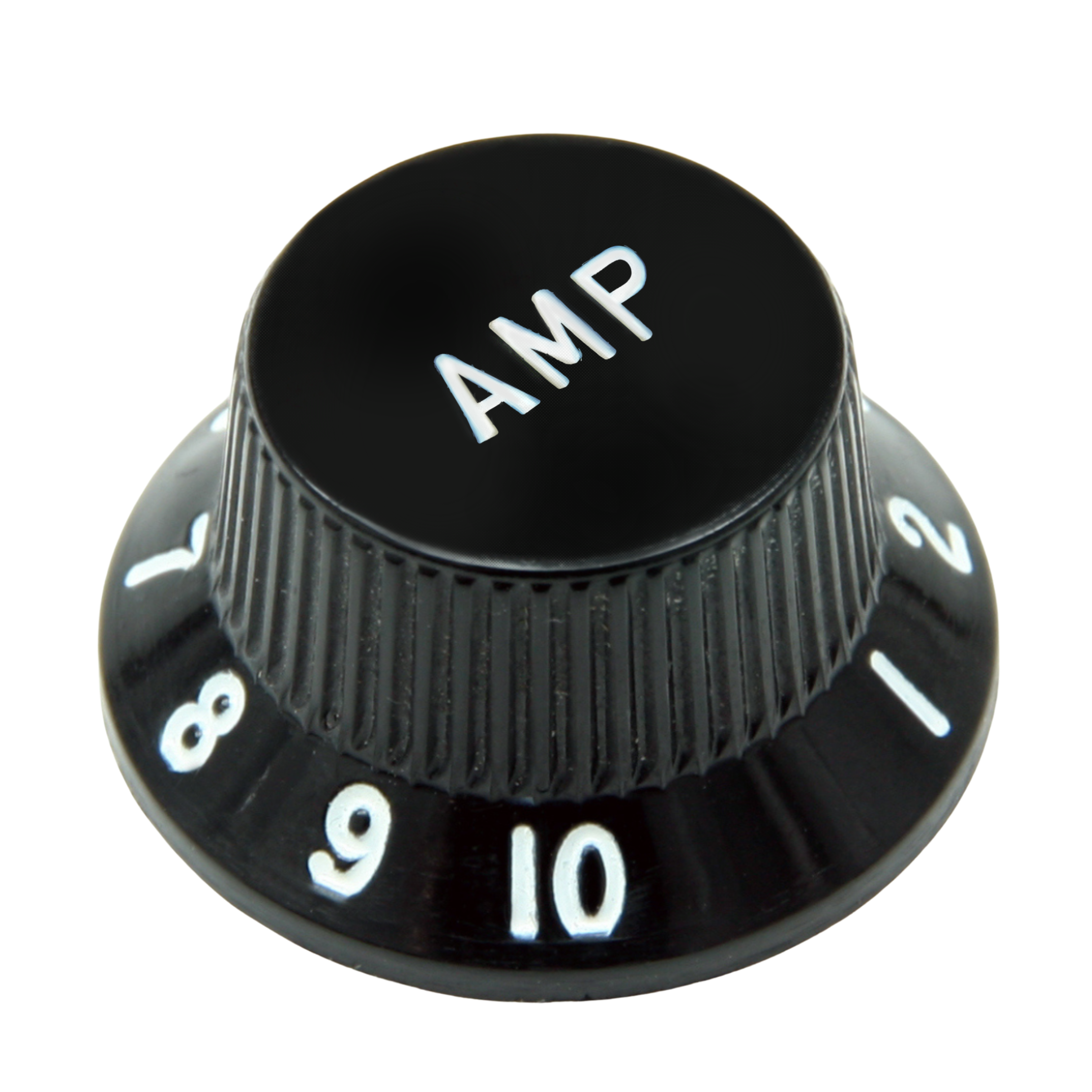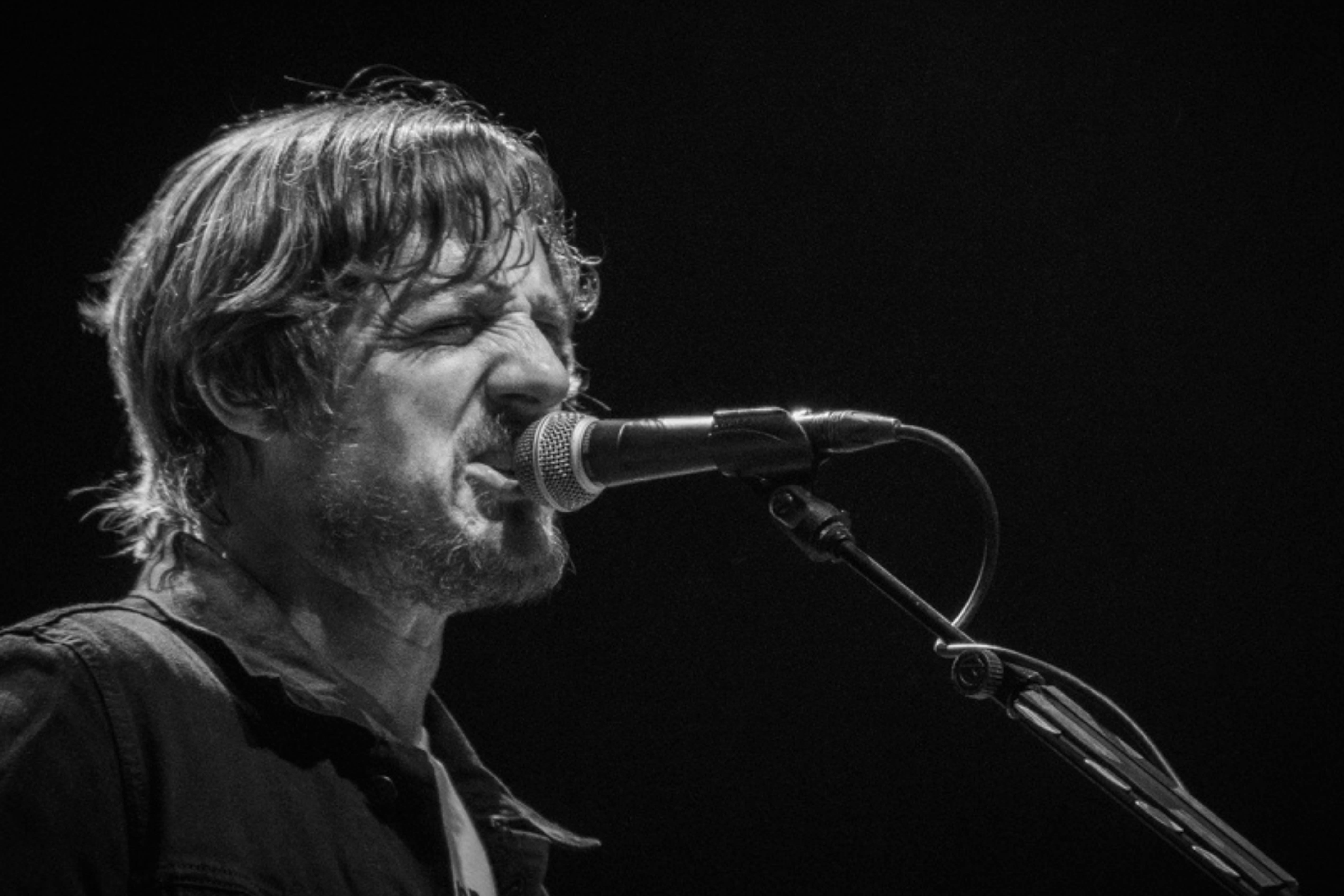2021: After the release of his bluegrass epic-in-miniature, The Ballad of Dood and Juanita, I had the misfortune of falling in love with the music of Sturgill Simpson. His discography had it all: confession booth wisecracking lyrics, an I-Can’t-Believe-It’s-Not-Waylon! growl, and King Gizzard & the Lizard Wizard-esque genre-hopping. Immediately, I introduced Sturgill to my parents and friends. But, just my luck, the man up and called it quits right then and there.
JUNE 2024: Only three years later, it was a new world. Yet somehow, even within the absurdist reality of post-Covid America, Sturgill Simpson found a way to make a splash. Adopting the haughty moniker “Johnny Blue Skies,” the Kentuckian emerged from near silence to announce a new album of original music and a world tour.
I had to catch him.
OCTOBER 2024: Doubts surrounded the duration of Sturgill’s — excuse me, Johnny Blue Skies’ return, and I was in the pits of serious FOMO, empty-handed as the tour swiftly sold out arenas. Thankfully, my mom procured tickets to his Athens of the South Bridgestone show (with a parking pass, to boot!). That night, we pushed against the crowd, making it to our seats not a minute too late. Sturgill sauntered onto the stage at 8:00 sharp, running on railroad time. He opened up the set with a triumphant performance of his iconic “Railroad of Sin,” a mid-tempo, two-step country tune from Sturgill’s debut album, High Top Mountain (2013). Though the song was far from the typical opener, the choice proved to be apropos. The Sturgill Express was only leaving the station, and we had a long journey ahead — a three-and-a-half hours long, wild ride of a journey.
I had a feel for the way things were going once we eased past the hour mark. This was not the tour for Johnny Blue Skies’ ‘debut,’ Passage du Desir (2024). It was a career-spanning experience, the Why Not? tour, as Sturgill coined it, and the setlist reflected this mantra. We received new songs, deep cuts and a smorgasbord of covers — fans of The Byrds’ Sweetheart of the Rodeo (1968) certainly rejoiced at hearing “You Don’t Miss Your Water,” and I count myself among their number. However, the real ‘why nots’ of the night happened between songs. The setlist pauses gave way to seven-minute-plus jam sessions, amounting to a lengthy evening of hardly interrupted music.
Crushed alongside strangers at the marathon Sturgill sing-along, I found myself crawling back towards the old anti-backing track hill, one I now unashamedly die upon. A laptop and stereo speakers simply could not capture nor replicate the musical happenings from that night. With the Estonian wizard of the Telecaster, Laur Joamets, the subtle touch of drummer Miles Miller and the bassist Kevin Black — who throughout the night deftly and tastefully responded to the guitar solos of Sturgill and Joamets — it’d be sacrilegious to rely on a drum machine or synth stack. Keyboardist Robbie Crowell, too, was irreplaceable, semi-frequently pulling a tenor saxophone out of thin air to supplement his frequent electric piano features.
The greatest moment was the concert’s finale, the last 20 or so minutes. “Call to Arms” is a Sturgill standby, but keeping with the prior three hours of live music, he refused to play it straight. For half an hour, Sturgill and company shook the stadium to mass hysteria levels with a special country-R&B-slash-soul-rock fervor. After three hours, many a cowboy boot-wearing spouse and romantic partner had become bored, understandably, but no one could deny that final burst of momentum, which — to resurrect my motif — hit like a train. The Sturgill Express was speeding down the mountainside, leaving sparks and smoke in its wake. And at that point, the destination became moot. That is to say, should Sturgill disappear again, those 20 minutes will always stay with me, they flout the laws of time. Rare moments like this of raw musical ecstasy cannot be caged within a finite conclusion.
Graphic courtesy of Roberta, CC BY 2.0 via Wikimedia Commons


One response to “The Grand Return of Sturgill Simpson”
Remarkable concert review!